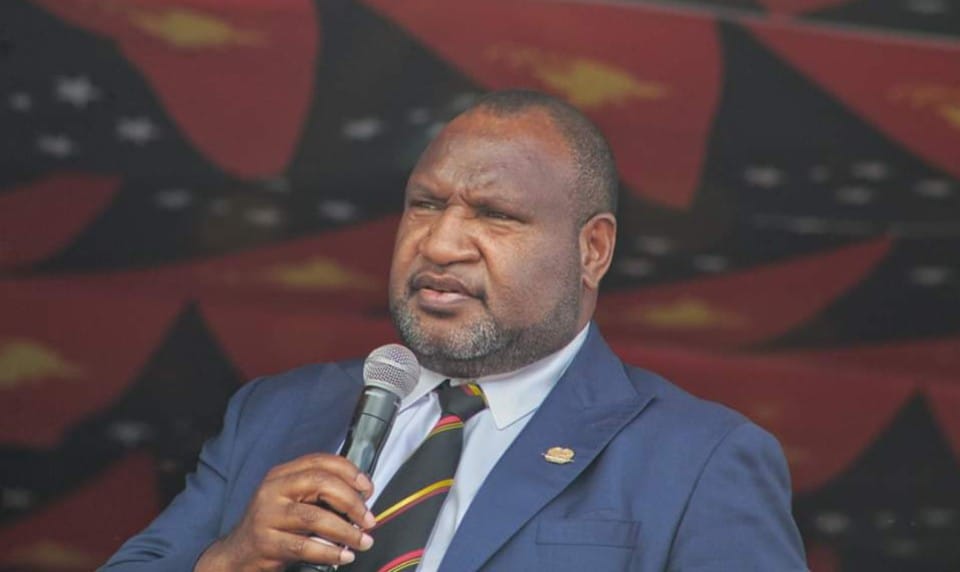PNG PM Marape Rejects COP29 Invitation in Protest, Calls on High-Emission Nations to Prioritize Rainforest Conservation
Papua New Guinea Prime Minister James Marape has confirmed that he will not attend the United Nations Global Climate Summit, COP29, in Baku, Azerbaijan, citing the lack of progress on key issues such as financing and commitments to reverse global deforestation by 2030. In his absence, Minister for Environment, Conservation, and Climate Change, Simo Kilepa, will lead Papua New Guinea's delegation to the summit, set to take place from November 11 to 22, 2024.
In his statement, Marape called on high-emission countries to move beyond “meaningless talk” and take real, tangible steps towards protecting rainforests, which are vital in the fight against climate change. “We need genuine sponsors of rainforest conservation, not just rhetoric,” Marape emphasized, stressing that rainforest preservation must be recognized as a fundamental aspect of global climate action.
 |
| PNG PM Marape Rejects COP29 Invitation in Protest, Calls on High-Emission Nations to Prioritize Rainforest Conservation |
Looking ahead, Marape expressed hope that the next climate summit, COP30, which will be held in Brazil—a country with extensive rainforests—will prioritize the protection and restoration of these critical ecosystems. “We are optimistic that COP30 in Brazil will provide a stronger platform for rainforest nations,” he said, highlighting the importance of collective action from nations with vital rainforests like Papua New Guinea.
The PNG delegation’s primary goal at COP29 will be to advocate for the country’s bid to host the Green Climate Fund Board meeting next year, which would underscore the nation’s commitment to leading climate change efforts and promoting green financing initiatives.
Marape also voiced concern over the failure of high-emission nations to fully implement key components of the Paris Agreement, particularly Articles 5 and 6, which focus on conserving vital carbon sinks like forests and establishing frameworks for international cooperation on carbon markets. “Despite the commitments made, industrialized nations have not sufficiently met these obligations,” Marape stated, emphasizing that Papua New Guinea will continue to protest against countries that do not prioritize emissions reductions or rainforest conservation.
As a major rainforest nation, Marape reaffirmed PNG’s position in global climate discussions, pointing out the essential role rainforests play in climate change mitigation. "The conversation on climate change is incomplete without genuine action to preserve the world’s rainforests, which act as carbon sinks and help replenish our atmosphere," he said.
Recent studies show that tropical rainforests, if properly protected, could absorb up to 30% of global carbon emissions, reinforcing Marape’s call for immediate action to safeguard these vital ecosystems for future generations.
Also read


Post a Comment